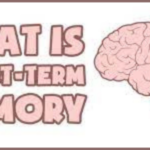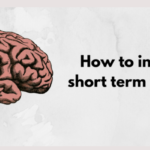Short Term Memory vs Working Memory: The Battle of the Mind Explained
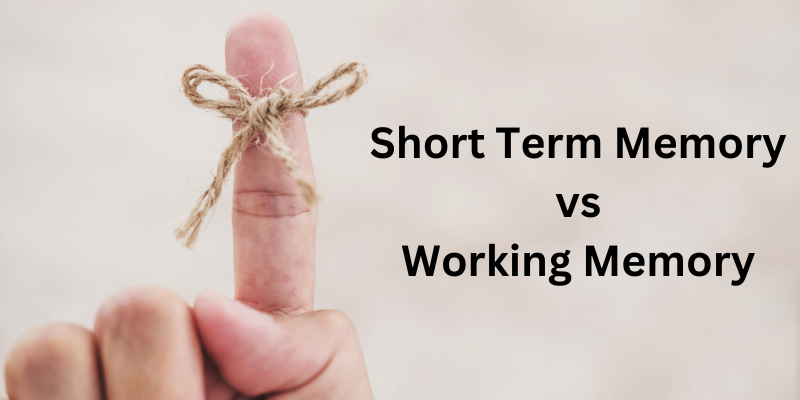
Today we will be talking about short term memory vs working memory. The human mind is a complex and fascinating thing, capable of performing multiple tasks and retaining information in various ways. When it comes to memory, two of the most important concepts to understand are short-term memory (STM) and working memory (WM). Both play crucial roles in our mental functioning, but they are not the same thing.
In this article, we will explore the differences between STM and WM, how they impact our daily lives, and how we can improve both.
What is Short-Term Memory (STM)?
Short-term memory refers to the temporary storage of information in the mind. It is a limited-capacity system that can hold a small amount of information for a short period of time (typically 15-30 seconds). For example, if you are trying to remember a phone number you just heard, you would use your short-term memory to hold onto it until you had a chance to write it down or enter it into your phone.
The purpose of short-term memory is to provide the mind with immediate access to information that is necessary for completing a task. It is thought to be a vital component of our working memory system, allowing us to temporarily store information and manipulate it as needed.
What is Working Memory (WM)?
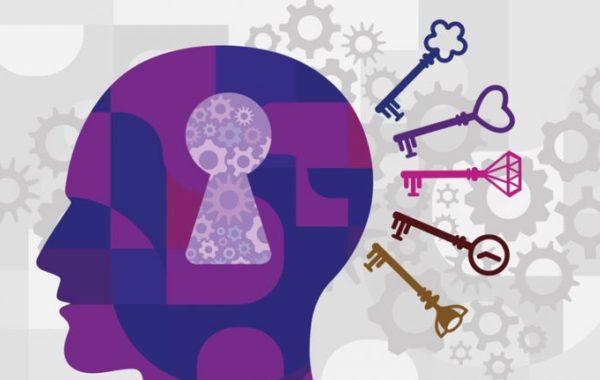
Working memory refers to the mental system that enables us to temporarily hold, manipulate, and use information to solve problems and complete tasks. Unlike short-term memory, which is limited in capacity, working memory is thought to have a larger storage capacity and to be able to hold multiple pieces of information at once.
Working memory is responsible for many important mental processes, including attention, problem-solving, reasoning, and decision-making. It is thought to play a crucial role in our ability to perform complex tasks and to maintain focus and attention in demanding situations.
Short-Term Memory vs Working Memory: The Differences
While short-term memory and working memory are closely related, they are not the same thing. Some key differences between the two include:
- Capacity: Short-term memory has a limited capacity, while working memory has a larger capacity and can hold multiple pieces of information at once.
- Duration: Short-term memory lasts for a short period of time (15-30 seconds), while working memory can last for a longer period of time (up to several minutes).
- Purpose: Short-term memory provides the mind with immediate access to information necessary for completing a task, while working memory enables us to temporarily hold, manipulate, and use information to solve problems and complete tasks.
The Impact of Short-Term Memory and Working Memory on Our Daily Lives
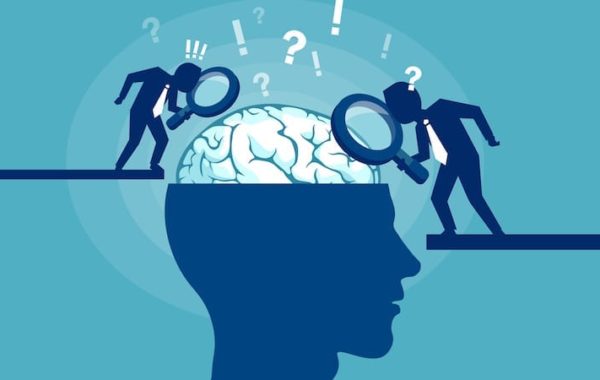
Short-term memory and working memory play important roles in our daily lives, affecting everything from our ability to remember important information to our ability to perform complex tasks. Some specific ways that these two types of memory impact our daily lives include:
- Learning and retaining new information: Short-term memory is necessary for learning and retaining new information, as it allows us to temporarily hold onto information until we have a chance to process it further.
- Problem-solving and decision-making: Working memory is critical for problem-solving and decision-making, as it enables us to temporarily hold onto multiple pieces of information and manipulate them as needed.
- Focus and attention: Both short-term memory and working memory play a role in our ability to focus and pay attention, as they enable us to temporarily store and manipulate information necessary for completing a task.
Improving Short-Term Memory and Working Memory
While we may not be able to increase the capacity of our short-term memory, there are ways to improve both short-term memory and working memory. Here are some tips to help you do so:
- Exercise regularly: Physical exercise has been shown to improve cognitive functioning, including memory.
- Stay mentally active: Keeping your mind active through activities such as reading, solving puzzles, and playing brain games can help improve your memory.
- Get enough sleep: Adequate sleep is essential for proper mental functioning, including memory.
- Manage stress: Chronic stress can negatively impact memory, so it is important to find ways to manage stress effectively.
- Eat a healthy diet: A healthy diet rich in fruits, vegetables, and omega-3 fatty acids has been shown to improve cognitive functioning and memory.
What Is An Example Of A Working Memory?
Working memory is an essential aspect of our mental processing, and we use it every day in various activities. An example of working memory is when you are cooking dinner, and you have to keep in mind various elements of the recipe, such as the ingredients, the cooking instructions, and the timing.
You are using your working memory to temporarily hold and manipulate the information, so you can complete the task efficiently. Another example is when you are solving a math problem, and you need to keep the intermediate calculations in mind before arriving at the final answer. These are just a few examples of how we use working memory in our daily lives to carry out complex tasks.
Is Working Memory Part Of Short-term Memory?
FAQs
Q. What is the difference between short-term memory and working memory?
A. Short-term memory refers to the temporary storage of information in the mind, while working memory refers to the mental system that enables us to temporarily hold, manipulate, and use information to solve problems and complete tasks.
Q. What is the capacity of short-term memory?
A. Short-term memory has a limited capacity, typically holding information for 15-30 seconds.
Q. What is the purpose of short-term memory?
A. The purpose of short-term memory is to provide the mind with immediate access to information that is necessary for completing a task.
Q. How can I improve my short-term memory and working memory?
A. You can improve your short-term memory and working memory by exercising regularly, staying mentally active, getting enough sleep, managing stress, and eating a healthy diet.
Q. Does stress impact memory?
A. Yes, chronic stress can negatively impact memory. It is important to find ways to manage stress effectively.
Conclusion
In conclusion, the concept of working memory and short-term memory is of great importance in understanding how our brain processes and stores information. While both of these types of memory play a crucial role in our mental processing, they have distinct characteristics that set them apart. Working memory is a type of short-term memory that is responsible for temporarily holding and manipulating information in order to solve problems and complete tasks. On the other hand, short-term memory refers to the temporary storage of information in the mind.
The distinction between working memory and short-term memory is important because it sheds light on how our brain processes and uses information in real-time. It also has important implications for various fields, including psychology, neuroscience, and education. By understanding the nature of working memory and short-term memory, researchers and practitioners can develop better strategies to improve our mental functioning and enhance our ability to learn and process information.
In short, working memory and short-term memory are essential components of our mental processing that play a crucial role in how we interact with the world and complete tasks. Whether you are a student, a professional, or simply someone who wants to improve their mental functioning, it is important to understand the concept of working memory and short-term memory and how they can be used to enhance your abilities.
For more information on short term memory, check out the following article How To Improve Short And Long Term Memory
